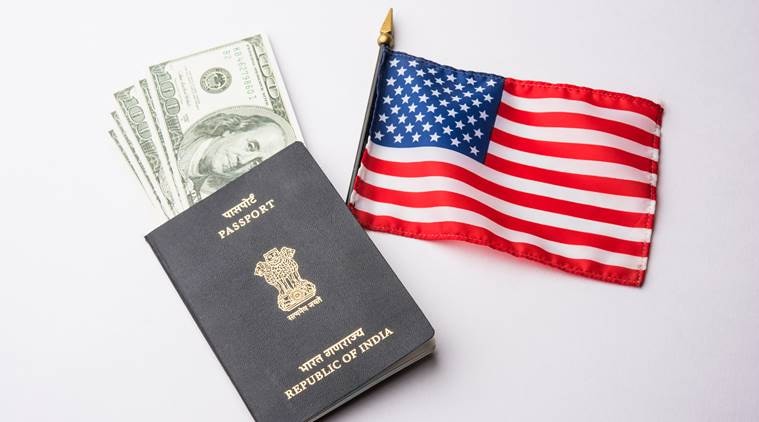 The Donald Trump administration has extended the 60-day ban on immigration and non-immigrant worker visas till the end of 2020. (Representational)
The Donald Trump administration has extended the 60-day ban on immigration and non-immigrant worker visas till the end of 2020. (Representational)
Days after the US administration suspended H-1B and other work visas till the end of 2020, the Ministry of External Affairs said on Thursday the move would likely affect the movement of skilled professionals.
During an online media briefing, MEA spokesperson Anurag Srivastava said, “This is likely to affect the movement of skilled professionals who avail of these non-immigrant visa program to work lawfully in the US. We are assessing the impact of the order on Indian nationals and industry.”
On Tuesday, the Donald Trump administration said it was extending the 60-day ban on immigration and non-immigrant worker visas till the end of 2020. Popular work visas, including the much-coveted H-1B and H-2B, and certain categories of H-4, J, and L visas shall also remain suspended.
This means those who do not have a valid non-immigrant visa as of June 23, and are outside of the US, will not be allowed to enter the country until December 31.
The move, US President Donald Trump said, was to protect domestic workers who had been impacted due to a contraction in the economy in the wake of the Covid-19 pandemic.
The MEA underscored that high-skilled Indian professionals have also been a critical component of the workforce at the forefront of providing Covid-19 related assistance in key sectors, including health, information technology and financial services.
“People-to-people linkages and trade and economic cooperation, especially in technology and innovation sectors, are an important dimension of the US-India partnership. High-skilled Indian professionals bring important skill sets, bridge technological gaps and impart a competitive edge to the US economy,” Anurag Srivastava said.
“The US has always welcomed talent and we hope our professionals will continue to be welcomed in USA in the future,” he said. Indian information technology (IT) companies corner the lion’s share of most of these work visas.
As of April 1, 2020, the US Citizenship and Immigration Services (USCIS) had received about 2.5 lakh H-1B work visa applications, according to official data. Indians had applied for as many as 1.84 lakh, or 67 per cent of the total H-1B work visas for the current financial year ending March 2021.
Apart from the suspension of these work visas, the executive order signed by Trump has also made sweeping changes to the H-1B work visa norms, which will no longer be decided by the currently prevalent lottery system. The new norms will now favour highly-skilled workers who are paid the highest wages by their respective companies.